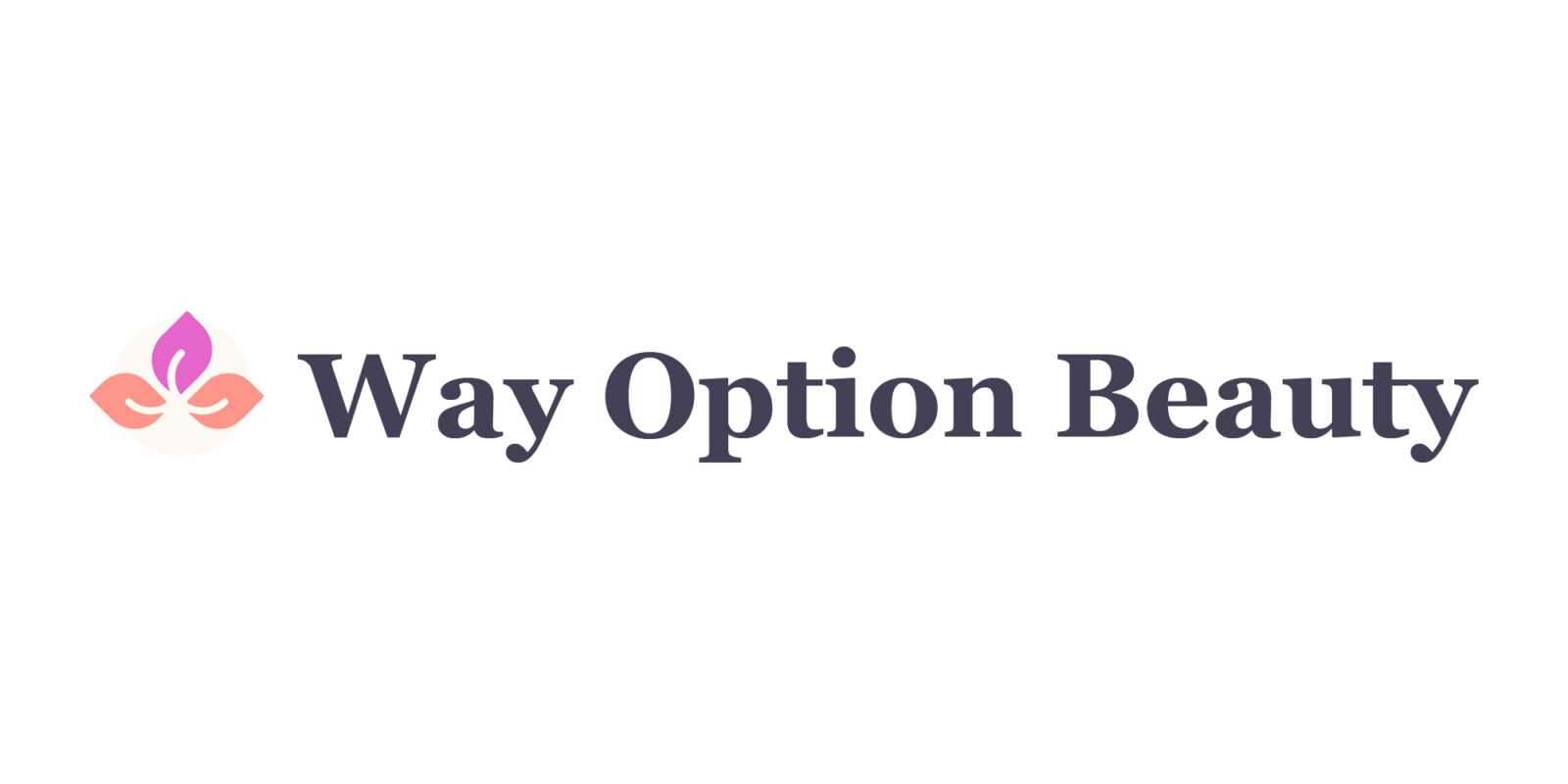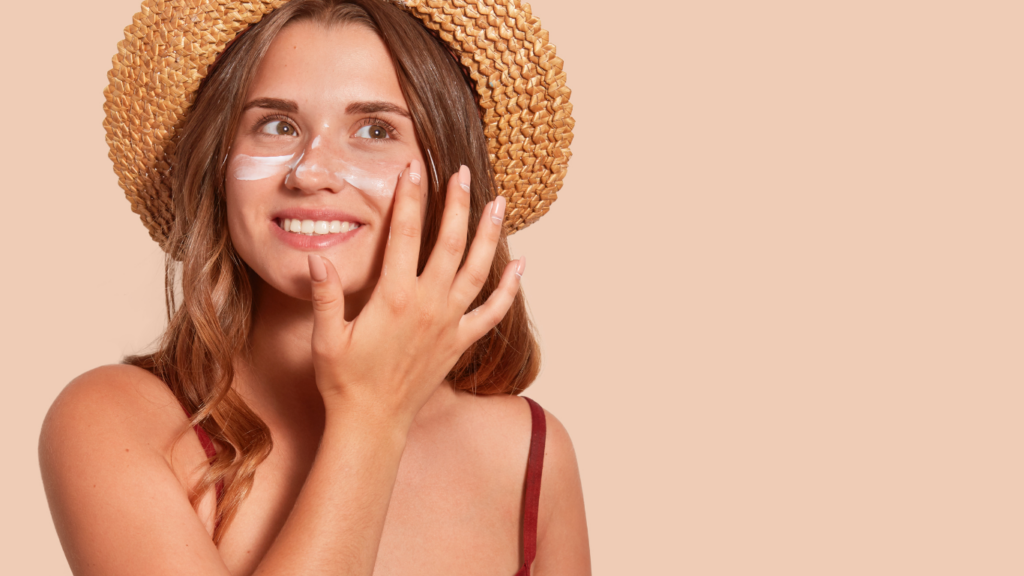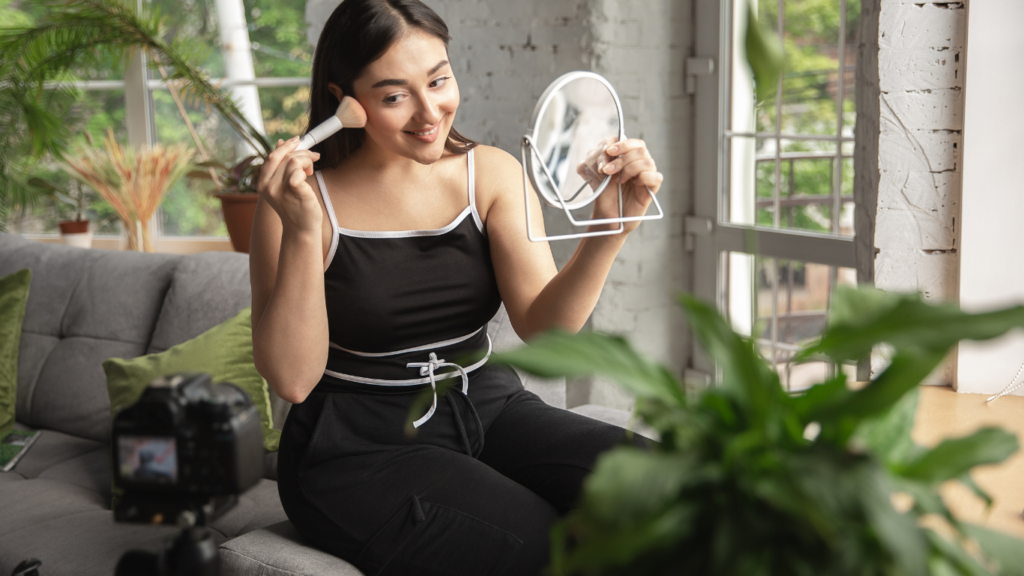Understanding Gen Z’s Influence
Gen Z, those born between 1997 and 2012, has a unique perspective on beauty. This generation values transparency, inclusivity, and sustainability in products and brands they support. They’re not swayed by traditional advertising but by authentic, relatable content, often from influencers they trust.
- Transparency
Gen Z demands complete transparency from beauty brands. They want to know what ingredients are in products and how they’re sourced. Brands like The Ordinary thrive because they disclose every component and its function. - Inclusivity
Inclusivity is non-negotiable for Gen Z. They expect beauty products to cater to all skin tones, types, and genders. Fenty Beauty set new industry standards by launching 40 foundation shades, showcasing a commitment to diversity.
- Sustainability
Sustainability is at the forefront of Gen Z’s purchasing decisions. They prefer brands that use eco-friendly packaging and cruelty-free ingredients. Companies like Lush lead by example with minimal packaging and ethically sourced materials.
- Influencer Trust
Gen Z relies on influencers for product recommendations. Unlike traditional celebrities, influencers seem more relatable and trustworthy. Brands collaborate with micro-influencers in particular, as they often have stronger, more engaged followings.
- Technology Savvy
Being digital natives, Gen Z uses technology to research products, read reviews, and compare brands. They also engage with augmented reality apps to try products virtually before buying, increasing their confidence in online purchases.
- Community Engagement
Gen Z cherishes brand engagement that feels authentic. They expect brands to listen to their feedback and incorporate it into product development and marketing strategies. Brands that foster strong community connections see higher loyalty.
By aligning with these values, beauty brands can thrive in a market dominated by Gen Z’s influence, addressing their unique preferences and setting new industry standards.
Trends Driven By Gen Z
Gen Z is dictating new beauty standards by embracing clean, personalized, and social media-driven trends. These shifts indicate a pivotal transformation in consumer behavior and expectations.
Clean and Sustainable Beauty
Clean and sustainable beauty tops Gen Z’s list of priorities. Transparency in ingredients and ethical production are non-negotiables. Brands like Biossance and Versed thrive by sharing detailed information about their clean formulations and sustainable sourcing. Gen Z scrutinizes eco-friendly practices, demanding minimalistic, recyclable, or biodegradable packaging. Companies that adopt cruelty-free, vegan-friendly practices, such as Herbivore Botanicals, align well with Gen Z’s ethical values.
Personalized Skincare Solutions
Gen Z craves skincare tailored to individual needs. Personalization in skincare kicks off with brands like Curology, offering custom formulations based on personal skin assessments. They value data-driven insights, frequently using apps to analyze their skin’s needs and tracking product efficacy over time. This cohort insists on adaptive skincare routines that evolve with their changing skin conditions. Beauty companies providing customized solutions not only gain loyalty but also set a higher standard in the industry.
Influence of Social Media and Influencers

Social media and influencers significantly impact Gen Z’s beauty decisions. Platforms like:
- TikTok
- YouTube
guide their product choices through relatable and authentic content. Micro-influencers resonate more effectively than traditional celebrities, as they offer genuine reviews and real-life demonstrations. Brands leverage these digital platforms for engaging content, virtual try-ons, and interactive campaigns. The Ordinary saw exponential growth through influencer endorsements, gaining credibility and trust within Gen Z circles.
Technology and Innovation
The beauty industry evolves rapidly, driven by advancements in technology. Gen Z, tech-savvy and adaptable, propels this growth, demanding cutting-edge solutions.
Rise of AI and AR in Beauty
Artificial Intelligence (AI) and Augmented Reality (AR) are revolutionizing beauty. AI powers personalized recommendations by analyzing individual skin conditions, enabling tailored skincare routines. For instance, Neutrogena’s Skin360 app evaluates skin health and suggests suitable products. AR technology allows users to virtually try on cosmetics, enhancing online shopping experiences. L’Oreal’s Modiface employs AR to simulate makeup applications, helping users visualize products before buying.
E-commerce and Virtual Try-ons
E-commerce has surged, thanks in part to Gen Z’s preference for online shopping. Virtual try-ons bridge the gap between physical stores and digital platforms. Sephora’s Virtual Artist tool lets customers test products virtually, increasing purchase confidence. Gen Z values convenience and interactivity, leading brands to integrate seamless online and virtual experiences. This shift towards digital innovation ensures that the beauty industry remains at the forefront of technological advancements, meeting the high expectations of Gen Z consumers.
Diversity and Inclusivity in Beauty
Generation Z’s emphasis on diversity and inclusivity is reshaping the beauty industry. Brands are adapting to meet these expectations, creating a more inclusive landscape.
Embracing Diverse Beauty Standards
Gen Z demands authentic representation of diverse beauty standards. Brands like Fenty Beauty set a benchmark by offering 40 foundation shades, catering to a wide range of skin tones. Companies now create products for varied ethnicities, skin types, and hair textures. Inclusive campaigns feature models from different racial backgrounds, promoting acceptance of natural beauty. Market reports show brands that prioritize diversity see increased consumer loyalty and positive brand perception.
Gender-Fluid Beauty Products
Gen Z values inclusivity in gender representation. Beauty products are becoming gender-fluid, appealing to all genders. Brands like Milk Makeup and Fluide design cosmetics without gender labels, challenging traditional beauty norms. This shift allows individuals to express themselves freely, whether through makeup or skincare. The rise of gender-neutral beauty reflects Gen Z’s desire for products that embrace identity fluidity. According to market analysis, this inclusive approach fosters brand loyalty and broad market appeal, aligning with Gen Z’s values.
Brand Adaptations to Gen Z Demands
Gen Z’s influence on the beauty industry necessitates significant brand adaptations. Companies are modifying their strategies to align with Gen Z’s values and expectations.
Ethical and Transparent Practices
Ethical and transparent practices dominate Gen Z’s priority list, compelling brands to adapt or risk losing market share. Brands now disclose ingredient lists, sourcing methods, and production processes. The Ordinary exemplifies this trend by providing detailed information about every product component. Also, cruelty-free certifications and eco-friendly packaging have become essential. Lush, for example, emphasizes its commitment to fighting animal testing and using sustainable materials.
Community Engagement and Feedback
Gen Z consumers expect active engagement and direct feedback channels with brands. Companies harness social media platforms and interactive content to meet these demands. Brands like Glossier build strong communities by involving customers in product development and encouraging user-generated content. Regular surveys, polls, and Q&A sessions on Instagram and TikTok allow customers to voice their preferences, ensuring that products align closely with their needs. This approach not only builds loyalty but also aids in creating products that resonate deeply with the target audience.



